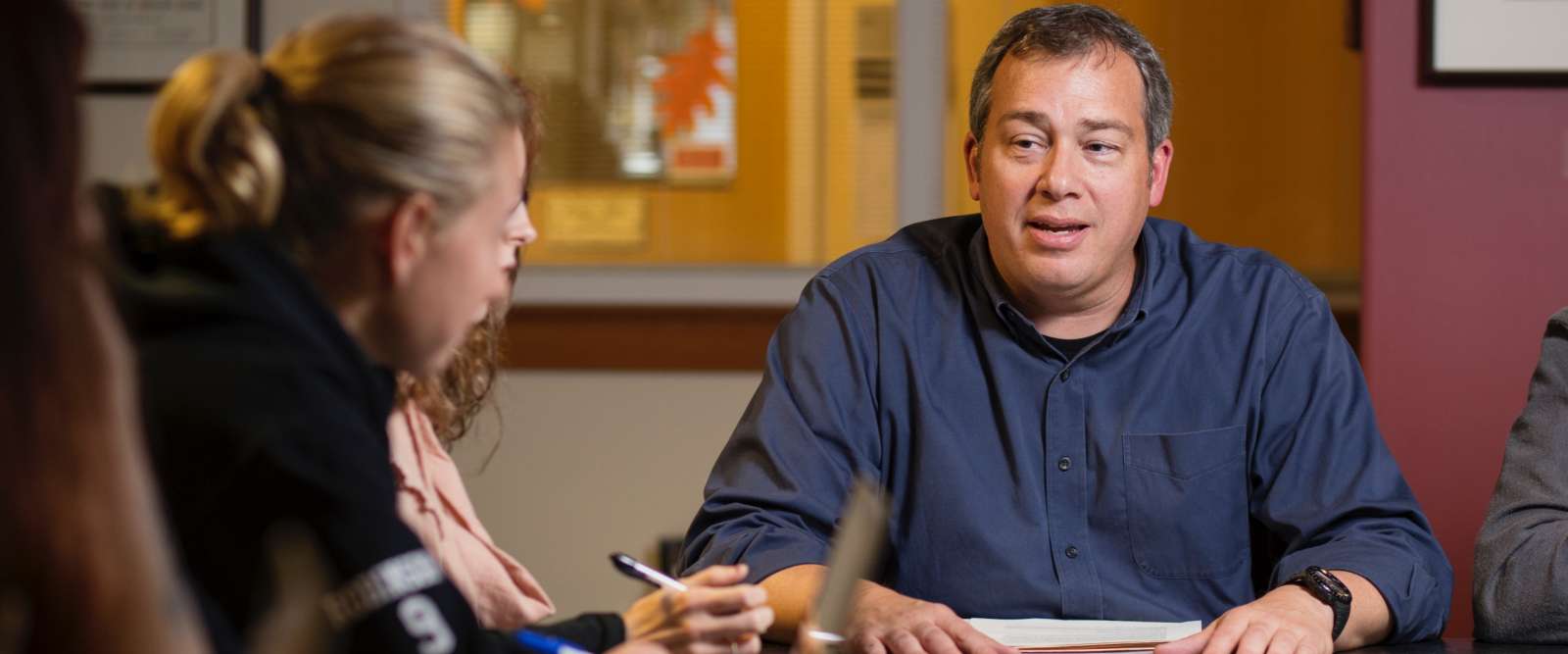Graduate Certificate in Atrocity Prevention
Graduate Certificate
School of Arts, Education, and Humanities
The Graduate Certificate in Atrocity Prevention is broken down into three main themes, designed around Dr. James Waller’s model of atrocity prevention: Upstream Prevention, Midstream Prevention, Downstream Prevention.
All courses in the certificate program will be online and asynchronous to accommodate international professionals. Certificate credits will be stackable within the Master of Arts in Genocide Prevention and Human Security degree, so that Certificate students accepted into the M.A. program may complete their Master’s Degree by completing 16 additional credits.
Certificate Requirements
16 credits
Required
4 credits
GPHS 600 Intro to Atrocity Prevention
Electives
12 credits
Three elective courses taken from at least two of the following three thematic areas:
GPHS 610 Upstream Prevention
Topics may include: Genocide Prevention Policy: Issues and Actors, Early Warning, Gender & Genocide, Human Security Approaches to Genocide Prevention, Social Justice Activism Against Genocide, Gender Identities & Genocide Prevention, Queering Genocide Studies, Ideologies of the Other, Colonialism & Genocide, and Lemkin and the Genocide Convention.
GPHS 620 Midstream Prevention
Topics may include: Intervention in Genocide, Perpetrator Behavior, Risk Assessment in Theory and Practice, Resistance to Genocide, Technologies of Genocide, and Mapping Genocide.
GPHS 630 Downstream Prevention
Topics may include: Trauma & Social Healing, Aftermaths, Education in Emergencies, Peace Building in Theory & Practice, Women & Peacebuilding, Justice & Genocide, International Law & Genocide, Domestic Prosecutions & Universal Jurisdiction, Refugee Crises, Memory & Memorialization, and Indigeneity & Genocide.
